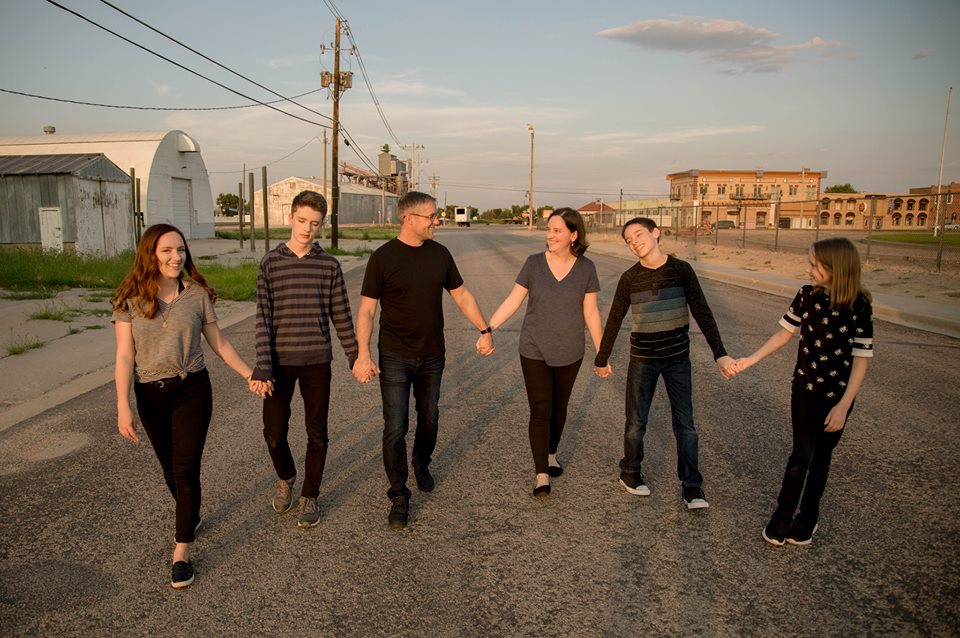Sunday, I preached about our need to focus on Jesus and let nothing distract us or discourage us from engaging in His mission. Then I packed a bag, tied up a few tasks that needed finished, and headed out across Nebraska for this week’s edition of the NC Institute. If you’re anywhere near the Omaha area (or not that near!) block out a few Mondays and check out the development opportunities offered by the Institute. (That plug was absolutely unsolicited and any subsequent favors I receive from Andy & Dave should not be seen as compensatory in any way. But I really like Chick-fil-A guys, so next time I drive 450 miles to see you…)
This week featured Rich Birch of Liquid Church and unSeminary talking about sociological trends that will affect ministry over the next 5 years or so. The very first trend he mentioned was the shift in families, and I’m still rolling this around in my mind. How are we to respond when kids show up to youth group talking about their dad and their other dad? Where do single moms fit into our ministry models? How can we serve and support families searching for wholeness? What does “family ministry” mean in our context? If family is the basic building block of society as is traditionally declared, then the shift that has been happening in the very concept of family has huge implications for the church. We cannot afford to get this wrong.
Unfortunately, this is an area where we in the church can be guilty of being reactive instead of taking initiative and leading well. We certainly need to ask how we are to respond as society increasingly redefines family, but I wonder if the mission of Christ could be better served if we asked “How can we shape this shift?” This isn’t the first time the idea of family has shifted in the history of civilization. Even today, some cultures have very different concepts of family than others. How can the church be at the front of helping people develop family systems that in turn develop strong communities in every culture?
One of the keys that Rich touched on is the tension between Acceptance and Approval. We can learn to accept people who live in sin affected family systems (whose isn’t?) without approving of the sin that so distorts God’s intention for family. Here are a few things I know I need to try…
- Remember my own need for grace. I’ve screwed up and need Jesus to make right what I know I never can. It helps me extend grace to other people who sin in different ways than I have, when I remember the grace extended to me.
- Lead with love. When a gay couple shows up (or more likely, checks out your church from a safe distance) is the first thing they hear “You are loved.” or “You are wrong.” My guess is that if they hear the second message first and loudest, they’re far less likely to hear the first message at all.
- Preach and teach knowing that not everyone is the same. When we talk about family issues and hold different types of family programs, do we consider these from the perspective of the single moms and dads in our communities? Are there special support systems we could put in place for foster and adoptive families that might look a little different than a nuclear family type of event? Does this message make any sense to a kid who’s never even met his dad?
- Don’t make the traditional family an idol. Just ask Abel how long it takes for the ideal family to get off track. A family model is not what will redeem our brokenness. Jesus is. I want to make sure I emphasize that consistently.
- Live such a hope filled life that people get the crazy idea that there just might be hope for them, too. Then help them find Him!
